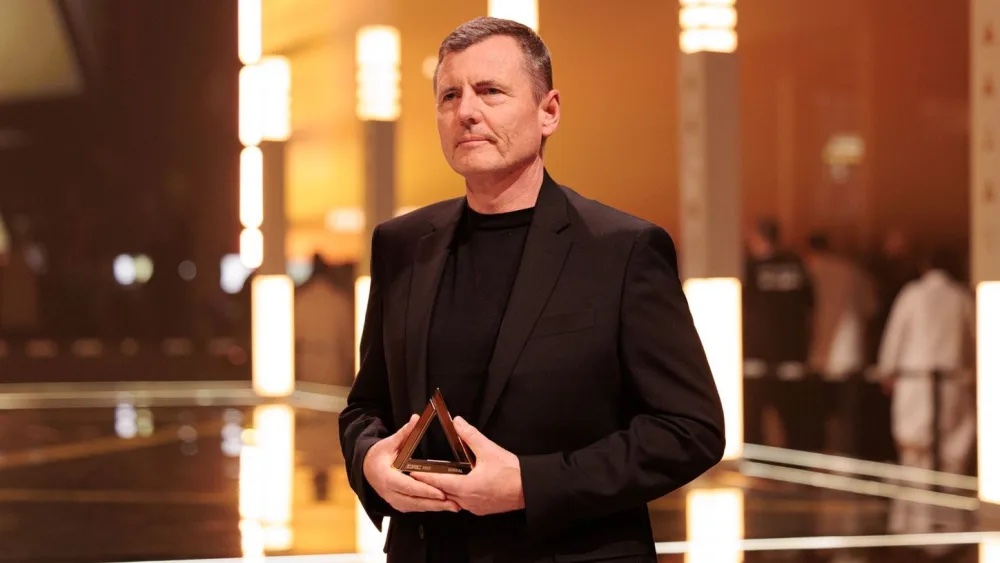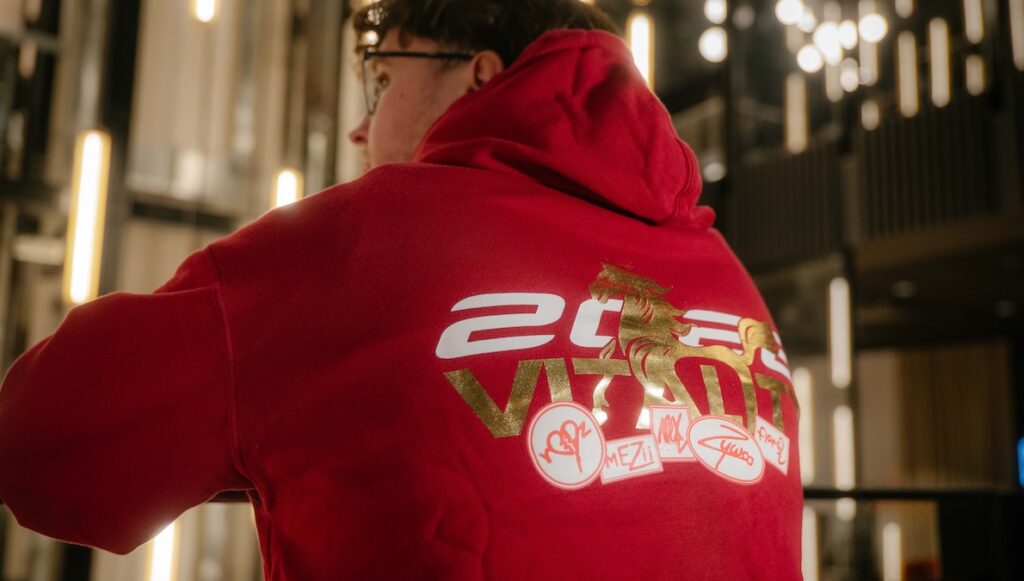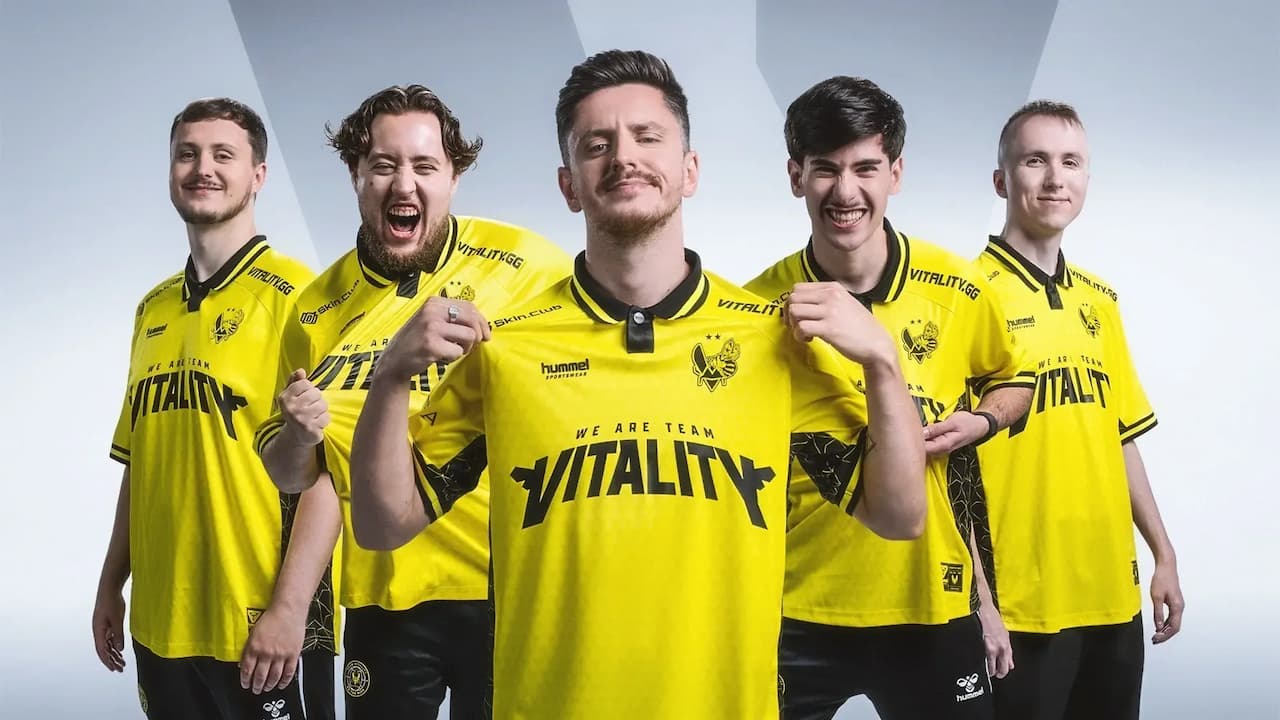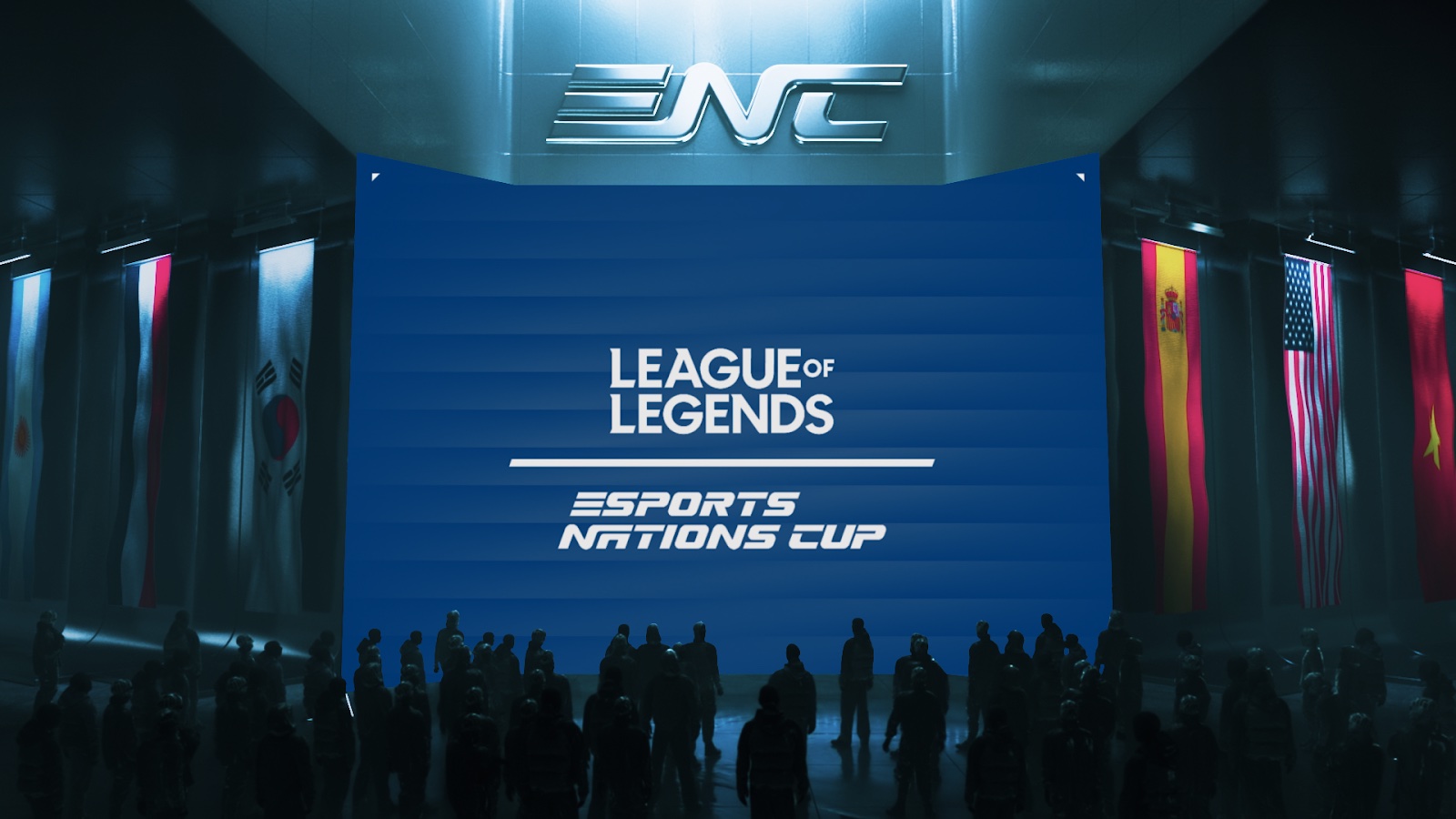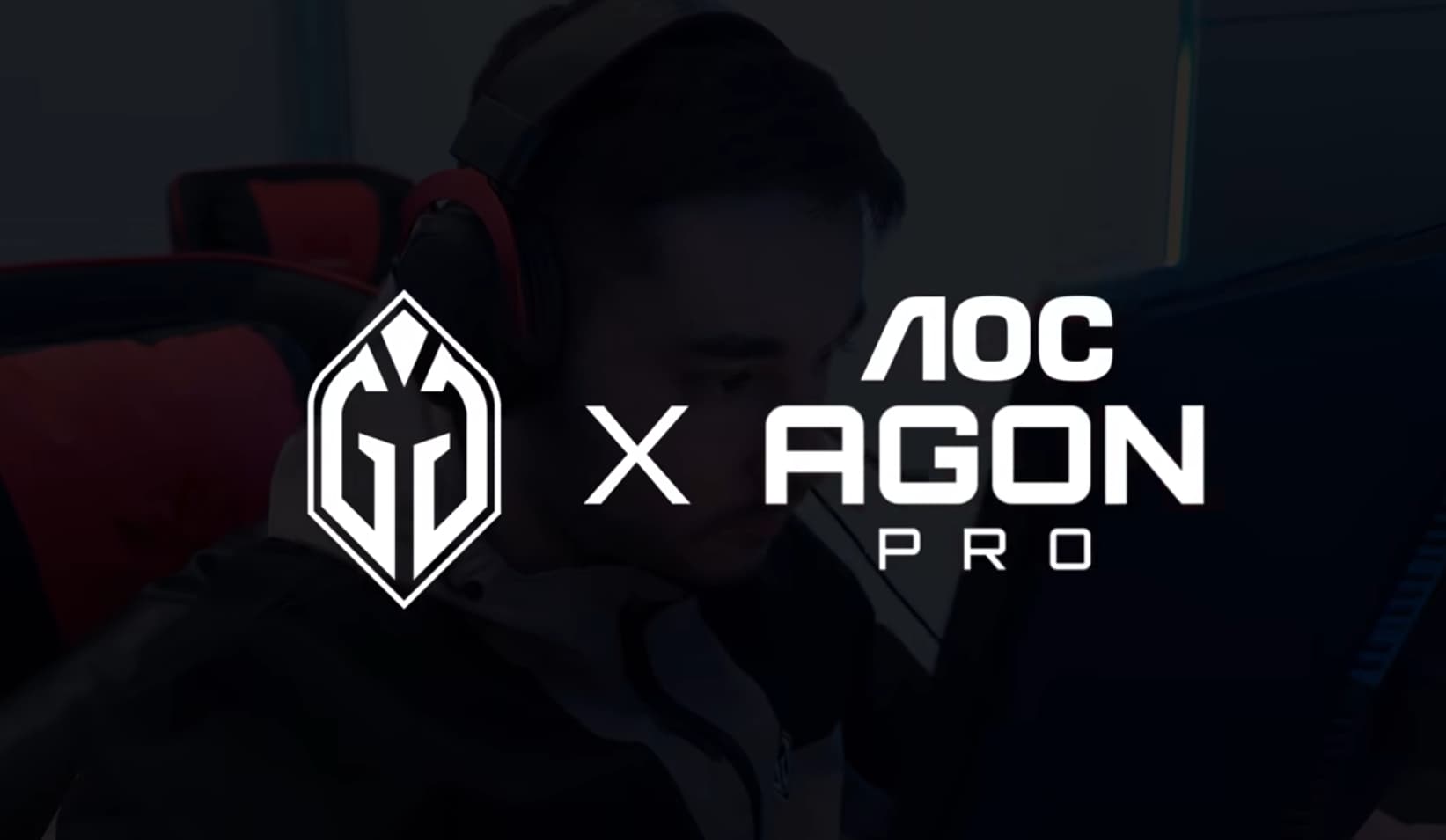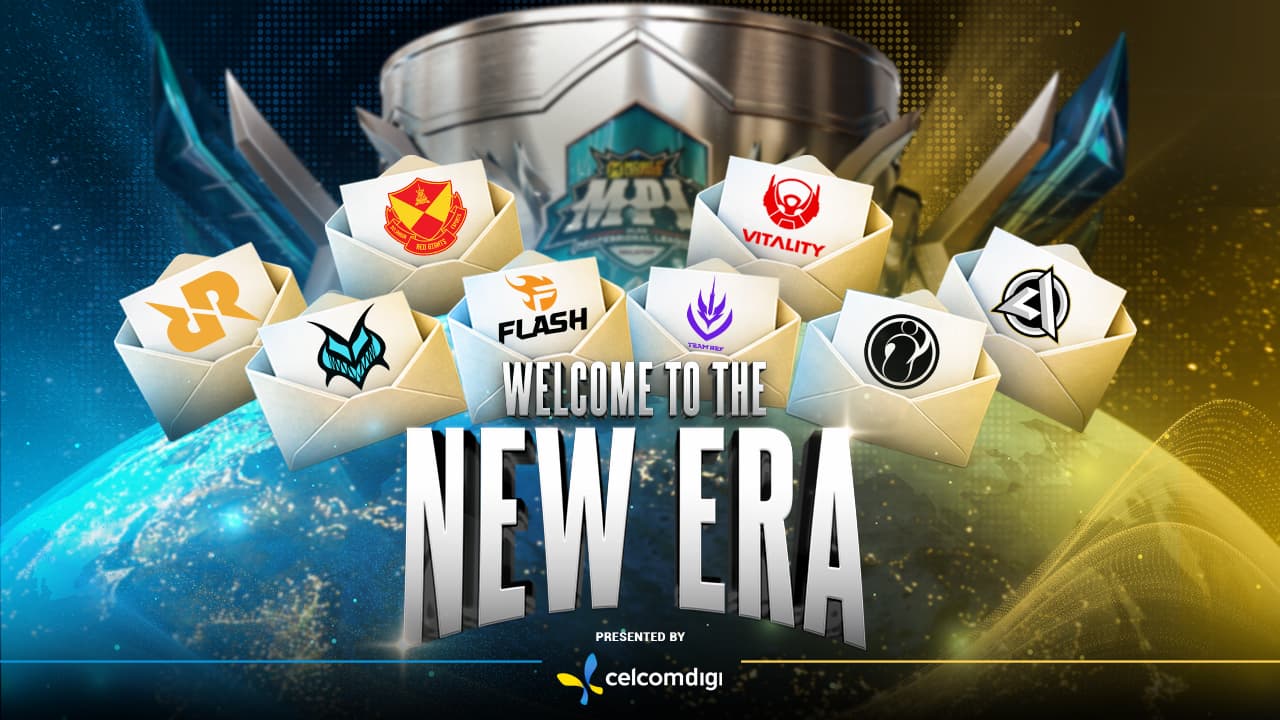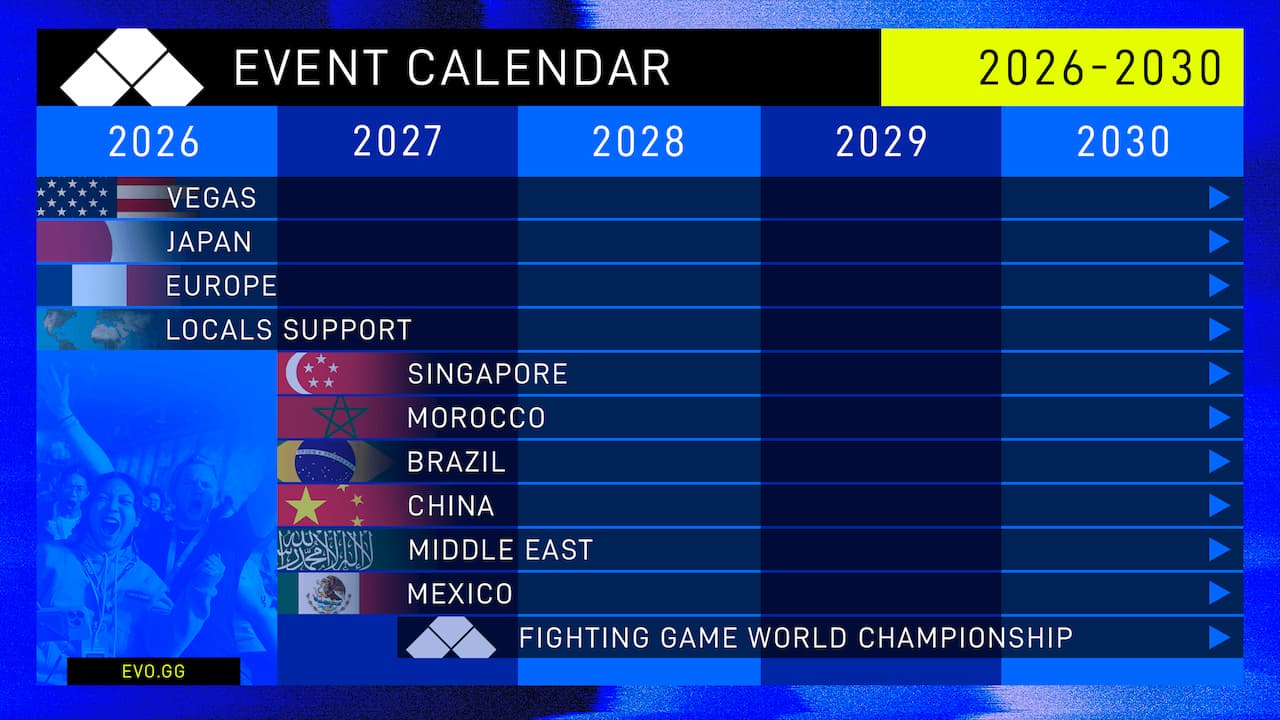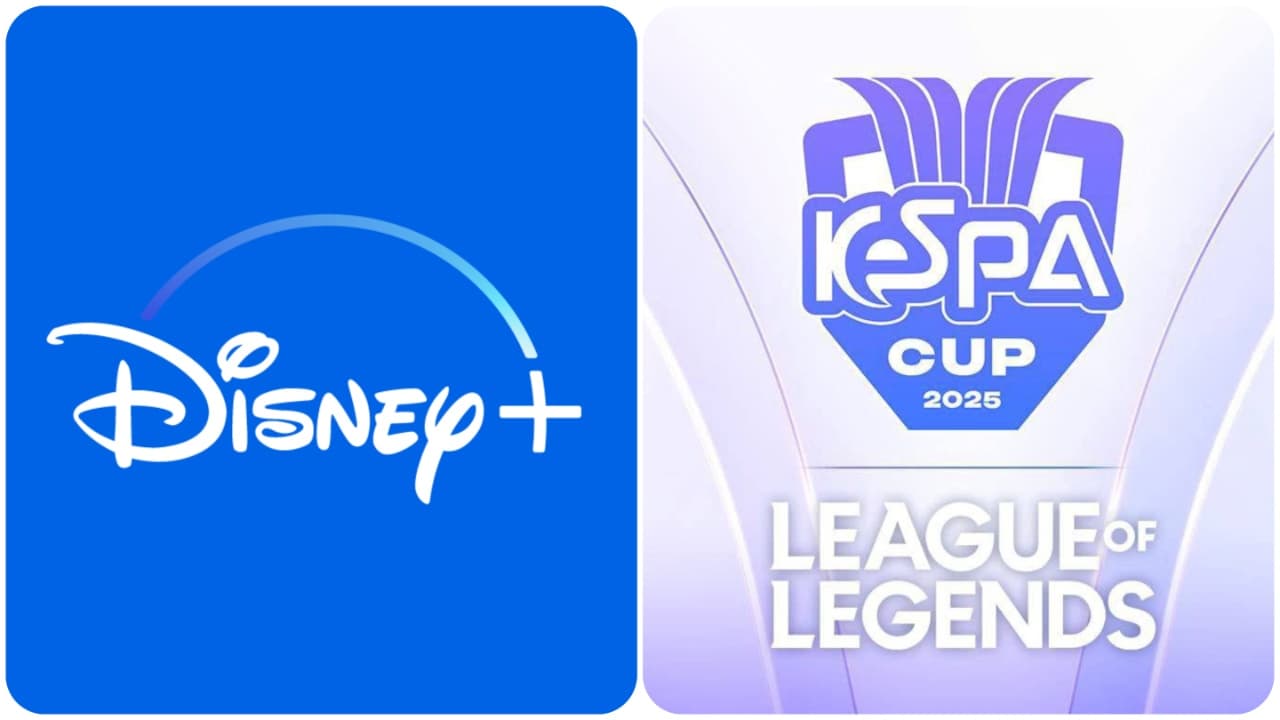As the curtains closed on the 2025 Esports World Cup (EWC), the organisers reflected on a significantly scaled-up event while already turning their attention to the evolution of next year’s tournament and the inaugural Esports Nations Cup (ENC).
In an interview with The Esports Radar, Mike McCabe, Chief Operating Officer of the Esports World Cup Foundation, provided a balanced assessment of the recent event. He described the 2025 edition as a “step change in pretty much all metrics across the board” compared to the 2024 tournament.
McCabe attributed part of this success to having “a lot more time to prepare for EWC 25 versus 24.” He noted that the previous event was hosted while “buildings that were literally being finished as the tournament was commencing,” whereas the extended lead-time for 2025 allowed for strategic expansions.
These expansions were focused on three key areas, according to McCabe. The first was an increase in scale, with the total number of tournaments rising to 25 across 24 games versus 2024’s 23 tournaments across 22 titles. It could be even more if Fortnite, which was at the previous edition but then got left aside in 2025, and Geoguessr, which pulled out its participation from the event, were included in the list.
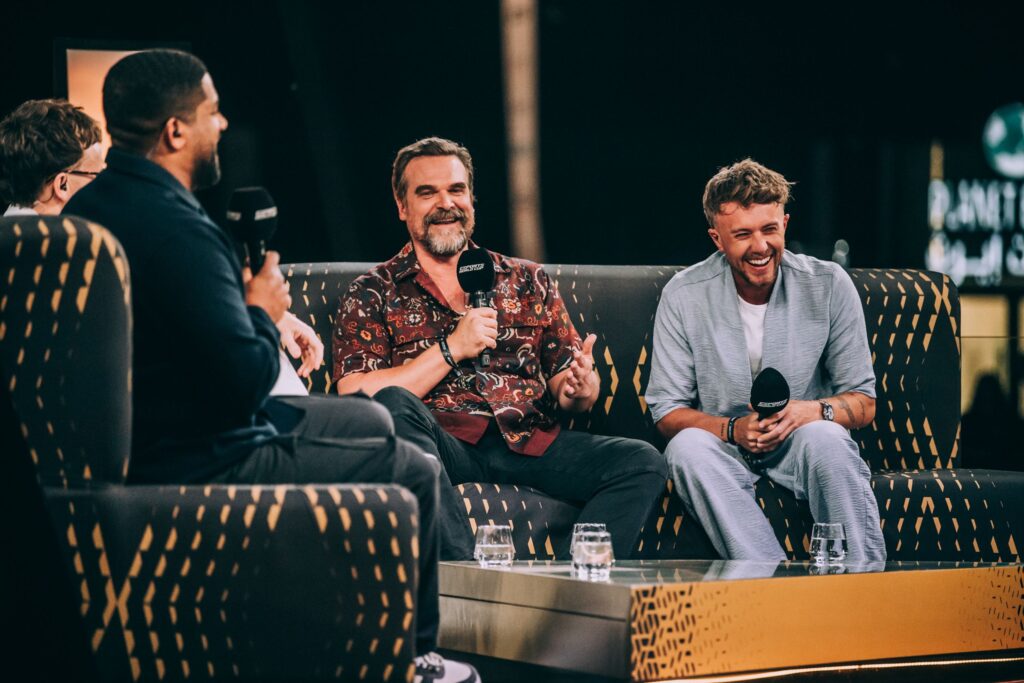
The second involved “building connected journeys for both the players and the fans” by grouping game genres and creating weekly themes to encourage attendance across the seven-week festival. The approach allegedly worked, as the EWC 2025 achieved 100,000 tickets sold as its first week concluded, a milestone that was not achieved until the midway point of the 2024 event.
The third was the development of the parallel EWC Festival, designed to “celebrate everything that is gaming” for local, regional, and international visitors. The festival included the presence of celebrities like tennis player Nick Kyrgios and actor David Harbour participating in content production as in EWC Spotlight, football icon Cristiano Ronaldo featured as an event ambassador, and music idols such as Post Malone performing at the Opening Ceremony.
Also read: Ralf Reichert on how the EWC aims to reach 3 billion gamers worldwide
Looking ahead, McCabe confirmed that EWC 2026, scheduled again for July and August, will be “an evolution” rather than a revolution. “We’ll take a step up from where we are this year, we hope,” he stated, adding that the team is “already very busy designing EWC 26.”
One specific lesson learned from the 2025 event involved stage design. McCabe revealed that the team tested “certain things that we wanted to create physical movement on stage, make a stage dynamic,” an innovation he claimed had been pioneered by the EWC. With seven weeks of competition to justify the investment, he reported that “it worked really well,” and similar innovations are being considered for 2026.
A New Competition: The Esports Nations Cup
The interview also shed light on the newly announced Esports Nations Cup, scheduled for November 2026. He explained that the early announcement was strategic, as “a lot of that nation-based infrastructure needs to be created.”

The goal is to work in partnership with the global community to develop the necessary competitive structures. “We want to do that in a very transparent way,” McCabe said, “so we tell everybody… ‘this is what we’re creating’. We receive their input so we can build it in the right way.”
The Nations Cup will be hosted in the same Boulevard City venue in Riyadh, leveraging the existing infrastructure. McCabe confirmed the experience would be evolved “to keep it fresh,” while also aligning with the different season and other concurrent events like the local traditional festival Riyadh Season.
When asked for a final comment, McCabe reiterated the organisation’s goal to “welcome more people to the Kingdom” and “bring more fans here,” emphasising an ongoing work to “build pathways” for global participation.
Extra: Nations Cup and the Olympic Esports Divergence
In a significant recent development, the International Olympic Committee (IOC) announced it is parting ways with the Esports World Cup Foundation regarding the organisation of the Olympic Esports Games, previously slated for 2027 also in Riyadh. This interview with McCabe was conducted over two months before that decision, during the New Global Sports Conference in August 2025, at a time when both the EWC’s Nations Cup and the Saudi-backed Olympic Esports Games were on the horizon.
When questioned by The Esports Radar on what would essentially differentiate the Esports Nations Cup from the Olympic initiative, McCabe’s answer was not in-depth and pointed primarily to the scheduling of the two events.
At the time, he framed them as “different projects at different times of year,” confirming that “EWC 26 will be July and August next year, and then the Esports Nations Cup will be in November.” With the Olympic Esports Games then expected in 2027, the distinction was presented as one of calendar placement. It is important, though, to point out that there is an underlying tension between the IOC’s vision for “esports” and the mainstream titles that dominate the global ecosystem, which results in a preference for sports simulation games rather than popular titles like Counter-Strike 2.
The subsequent termination of the partnership fundamentally alters this landscape. The void left by the cancelled Olympics partnership places the EWCF’s Nations Cup as the only current major, multi-title nation-based international esports spectacle confirmed with both dates and location (November 2026 in Riyadh) for the time-being, with locations for future editions of ENC pending. Plans for the IOC’s Olympics Esports Games remain unclear, though the IOC’s statement declared the objective was to host an edition “as soon as possible” citing a “great desire and considerable support for the initiative.”



